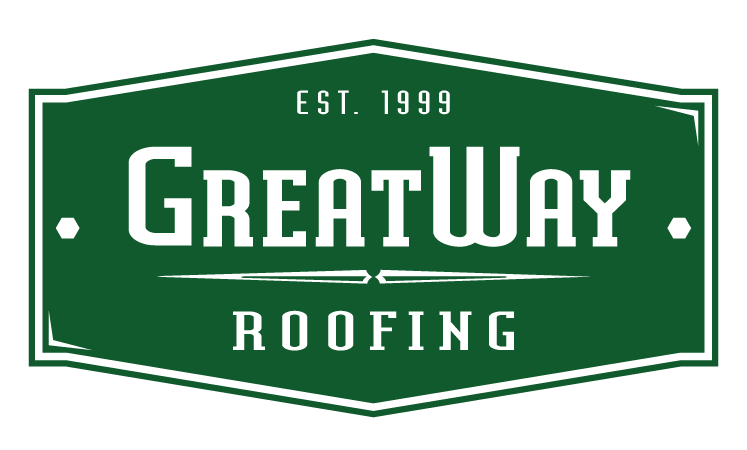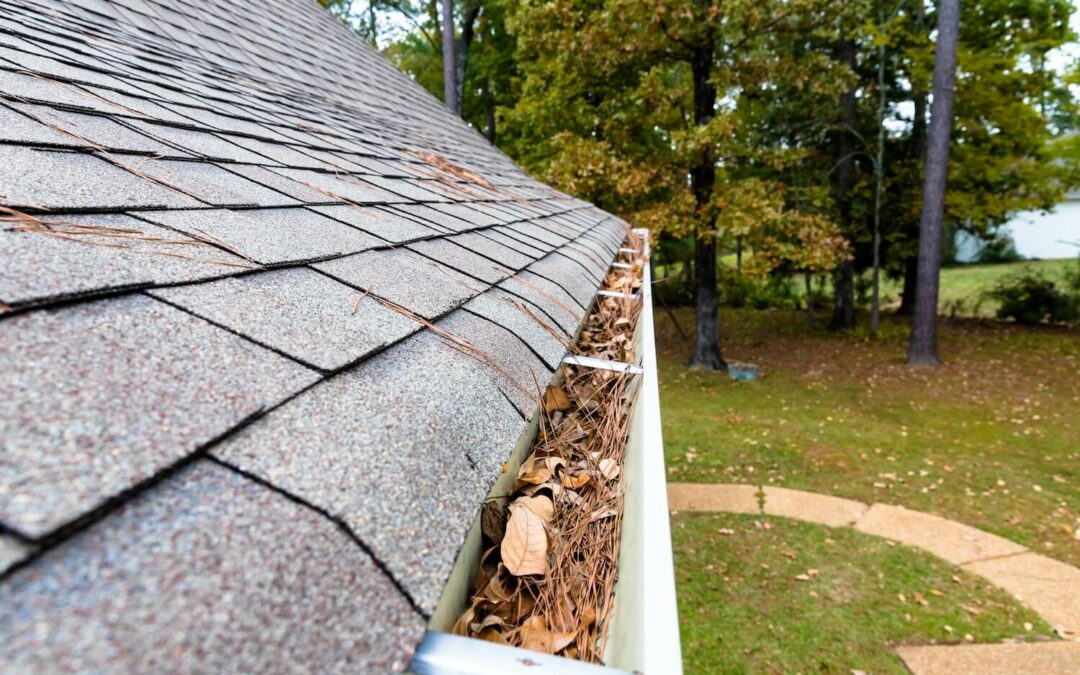Your roof is your first defense against the elements, protecting your home or business from rain, wind, and sun. However, regular maintenance is required to remain effective like any other part of your property. One crucial aspect of this maintenance is routine inspections. In this article, we will delve into the importance of roofing inspections and how they can ultimately save you money in the long run.
Understanding the Benefits of Roofing Inspections
Roofing inspections involve a thorough assessment of the condition of your roof, including its structure, materials, and overall integrity. These inspections can be conducted by professional roofers or homeowners themselves, although professional inspections are generally more comprehensive and reliable.
The primary goals of a roofing inspection are to identify any existing issues or potential problems and assess the roof’s overall health. Common issues that may be uncovered during an inspection include:
- Missing or damaged shingles/tiles
- Leaks or water damage
- Mold or mildew growth
- Structural damage
- Poor installation or workmanship
Regular inspections allow these issues to be addressed promptly before they escalate into larger, more expensive problems.
The Importance of Regular Roof Inspections
Regular roofing damage inspections are essential for several reasons:
Early Detection of Problems
Conducting inspections at least once or twice a year can catch small issues before they become major headaches. Identifying and repairing minor damage can prevent more extensive damage and costly repairs down the line.
Extend Roof Lifespan
Routine inspections and maintenance can help prolong the lifespan of your roof. Addressing issues promptly and keeping your roof in good condition will prevent premature deterioration and extend its longevity.
Preserve Property Value
A well-maintained roof enhances the curb appeal and value of your property. Regular inspections and repairs ensure that your roof remains in optimal condition, preserving the overall value of your home or business.
Prevent Water Damage
A well-maintained roof enhances the curb appeal and value of your property. Regular inspections and repairs ensure that your roof remains in optimal condition, preserving the overall value of your home or business.
Maintain Warranty Coverage
Many roofing warranties require regular inspections and maintenance to remain valid. Failing to adhere to these requirements could void your warranty, leaving you responsible for the total cost of any necessary repairs or replacements.
Ensure Safety
A compromised roof poses a significant safety risk to property occupants. Regular inspections help ensure your roof remains structurally sound and safe for habitation.
Saving Money Through Roof Inspections
While scheduling regular roofing inspections may seem like an additional expense, it is a wise investment that can save you money in the long run. Here’s how:
Prevent Costly Repairs
Addressing minor issues during routine inspections prevents them from escalating into significant problems that require expensive repairs. A small investment in inspections and maintenance can save you thousands of dollars in repair costs.
Avoid Premature Replacement
A well-maintained roof lasts longer, reducing the likelihood of premature replacement. By investing in regular inspections and maintenance, you can maximize the lifespan of your roof and delay the need for costly replacements.
Insurance Savings
Some insurance companies offer discounts or incentives for properties with well-maintained roofs. By demonstrating that you regularly inspect and maintain your roof, you may qualify for lower insurance premiums, further offsetting the cost of inspections.
Energy Efficiency
A damaged or poorly maintained roof can compromise your property’s energy efficiency, leading to higher utility bills. Regular inspections can help lower your energy costs over time by identifying and repairing issues that impact insulation and ventilation.
Peace of Mind
Knowing that your roof is in good condition provides peace of mind and eliminates the stress and financial burden of unexpected roofing problems. Regular inspections allow you to avoid potential issues and plan for necessary repairs or maintenance.
Implementing a Home Roof Service Inspection Schedule
Now that we understand the importance of roofing inspections, let’s discuss how to implement a schedule that ensures your roof receives the attention it needs.
- Frequency: The frequency of inspections depends on several factors, including the age of your roof, the type of materials used, and the local climate conditions. As a general guideline, it’s recommended to inspect your roof at least once a year, preferably in the spring and fall. However, additional inspections may be necessary if your area experiences severe weather events such as hail storms or hurricanes.
- Professional vs. DIY: While homeowners can perform visual inspections from the ground, hiring a professional roofer for a more thorough assessment is advisable. Professional roofers have the expertise and experience to identify hidden issues that may not be apparent to the untrained eye. Additionally, they can safely access areas of the roof that may be difficult or dangerous for homeowners to reach.
- Post-Storm Inspections: After severe weather events, such as storms or high winds, you must promptly inspect your roof for damage. Even if your roof appears intact from the ground, it may have sustained hidden damage that could lead to leaks or other issues. If you’re unsure about the condition of your roof after a storm, don’t hesitate to contact a professional for an inspection.
- Documentation: Keep detailed records of all roof inspections, including the date, findings, and any repairs or maintenance performed. This documentation can be valuable for tracking the condition of your roof over time and for providing evidence of maintenance efforts to insurance companies or potential buyers.
- Routine Maintenance: In addition to inspections, regular maintenance tasks such as cleaning gutters, trimming overhanging branches, and removing debris from the roof surface are essential for preserving its integrity. Incorporate these tasks into your overall property maintenance routine to ensure your roof remains in optimal condition.
Conclusion
Roofing inspections are a proactive measure that can save you significant time, money, and stress in the long run. By identifying and addressing issues early, you can prevent costly repairs, extend your roof’s lifespan, and maintain your property’s value and safety.
Whether you inspect yourself or hire a professional roofer, make sure to prioritize this essential maintenance task. Implementing a regular inspection schedule, especially after severe weather events, and documenting your findings will help ensure that your roof remains in top condition.
Remember, investing in the health and integrity of your roof is not just about protecting your property—it’s also about protecting your investment and ensuring the safety and comfort of everyone who calls your house a home. Make roofing inspections a priority, and reap the rewards of a well-maintained roof for years.

